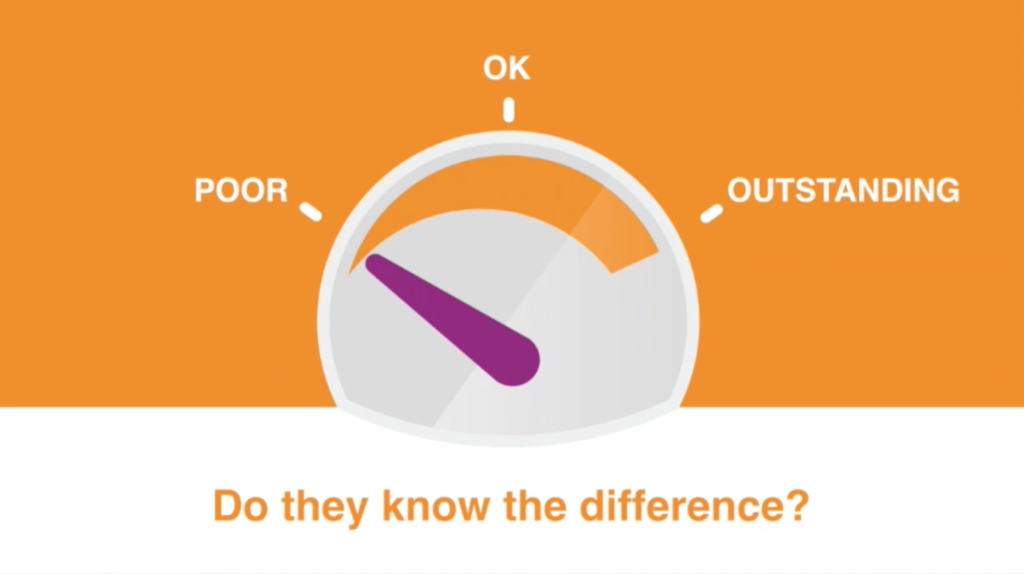If you chose to read this today, I guarantee there’s probably at least one person on your team who’s either underperforming or not performing at their best at the moment.
In these situations, the easy thing to do is to place blame on the employee’s shoulders instead of your own.
While the employee is responsible for their performance, it is also the responsibility of their leader.
In this article, I’ll give you an understanding of one of the key triggers of poor performance, as well as an understanding of what you as a leader can do to turn that performance around.
Understanding Poor Performance
One of the easiest ways to understand performance is to compare it to when you’re learning how to drive a car.
Think back to when you were 16 years old and you had just got you learner license. You probably remember sitting behind the steering wheel for the very first time, with an instructor or parent right there next to you teaching you how to drive.
At this point, the reason for your poor performance was your lack of knowledge. Prior to getting your license, no one had empowered you with the knowledge to drive a car, so obviously, you were initially unable to do so.
Fast forward a few years, this same principle can be applied in the workplace.
How can you as a leader expect someone in your team to perform if they haven’t been empowered with the knowledge they need to do so?
When it comes to giving your employees the knowledge they need there are three key aspects:
- Training – Have you given your employees of the technical training required to perform the tasks in their role?
- Induction – Have your employees been walked through all the systems and processes that relate to them executing those tasks within your work environment?
- Onboarding – Does the person know the purpose, vision, and strategy of the organisation? Do they also know the values of the organisation and the culture of the company and how this translates to behaviour? Do they also know what is expected of them in their role? And most importantly, do they know the difference between outstanding performance and average performance?




